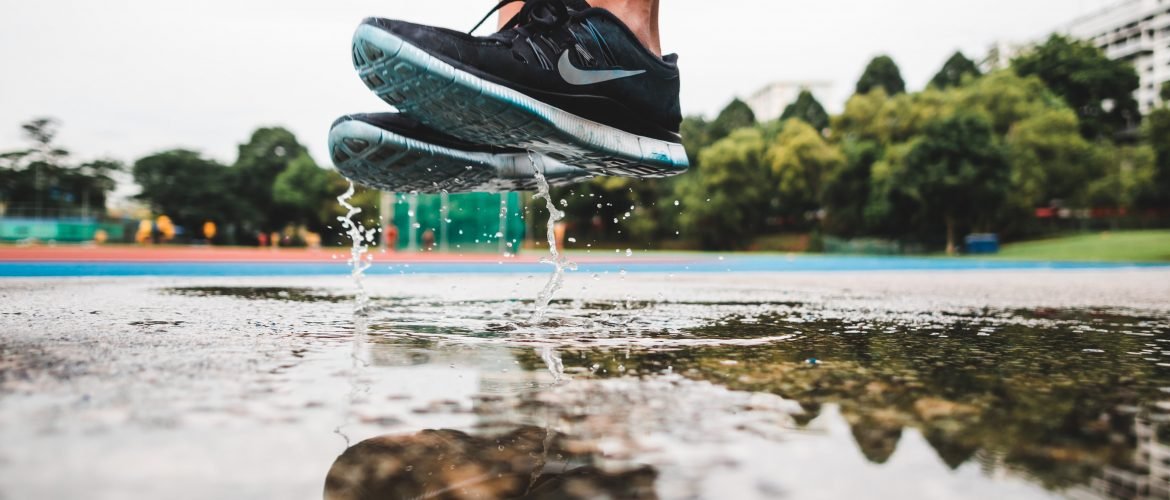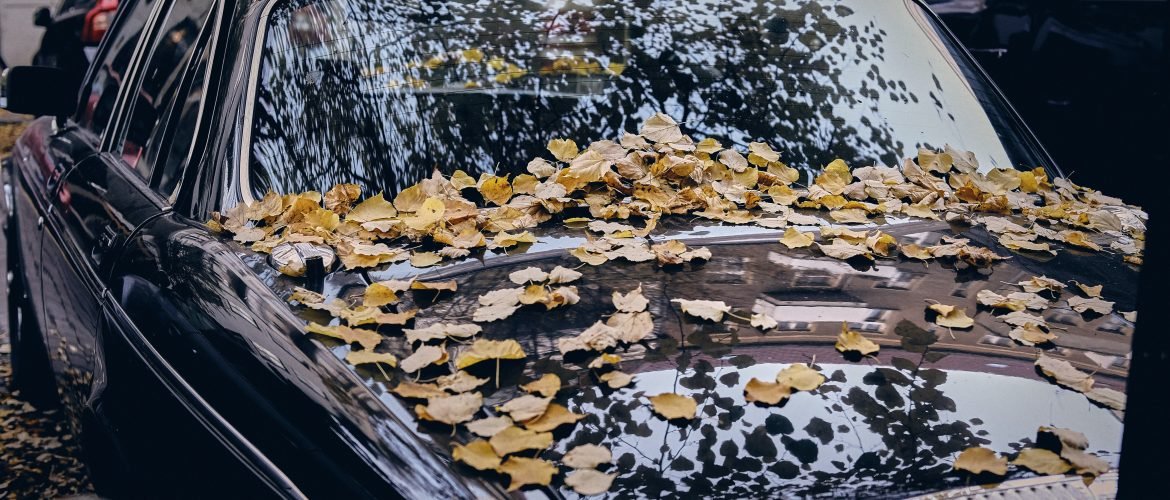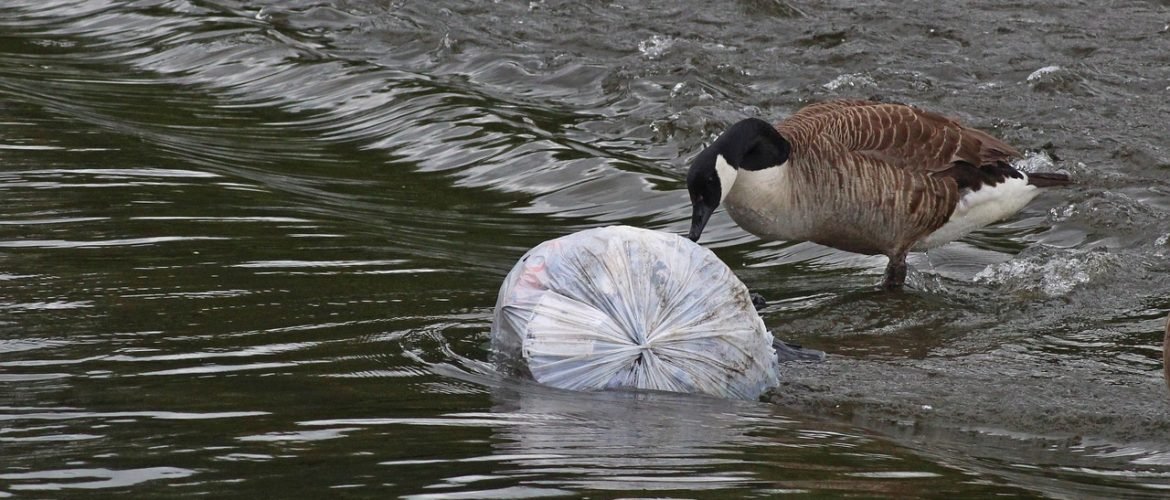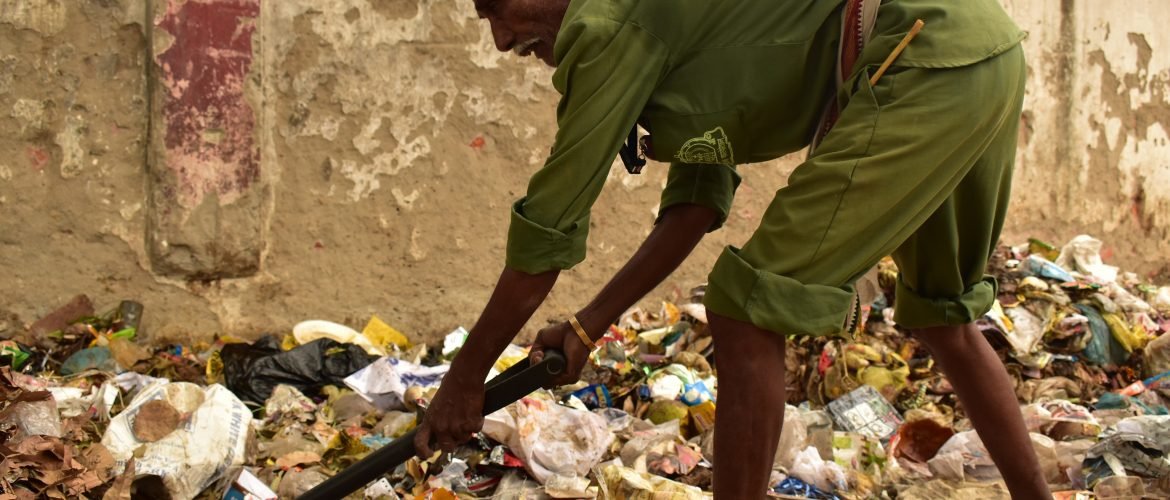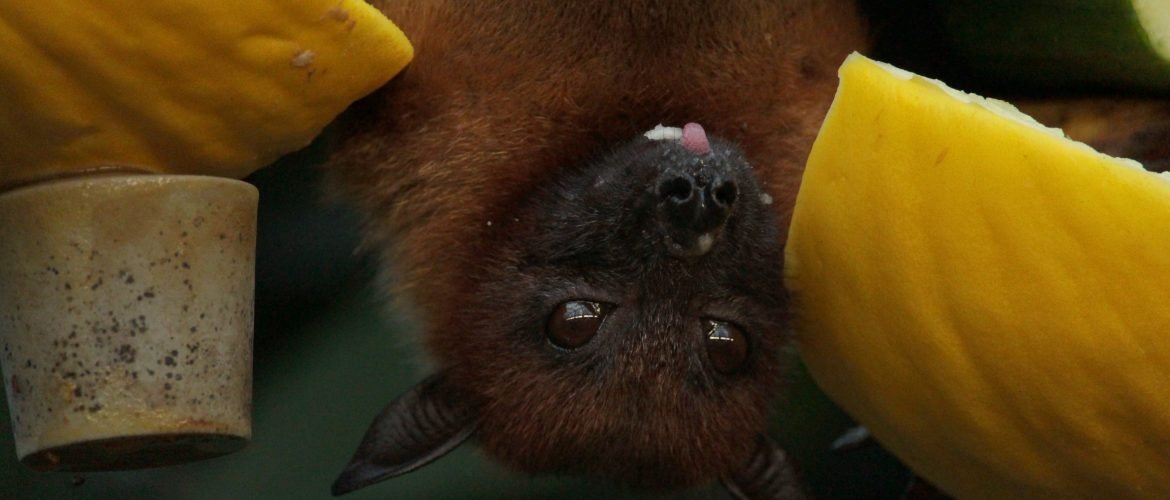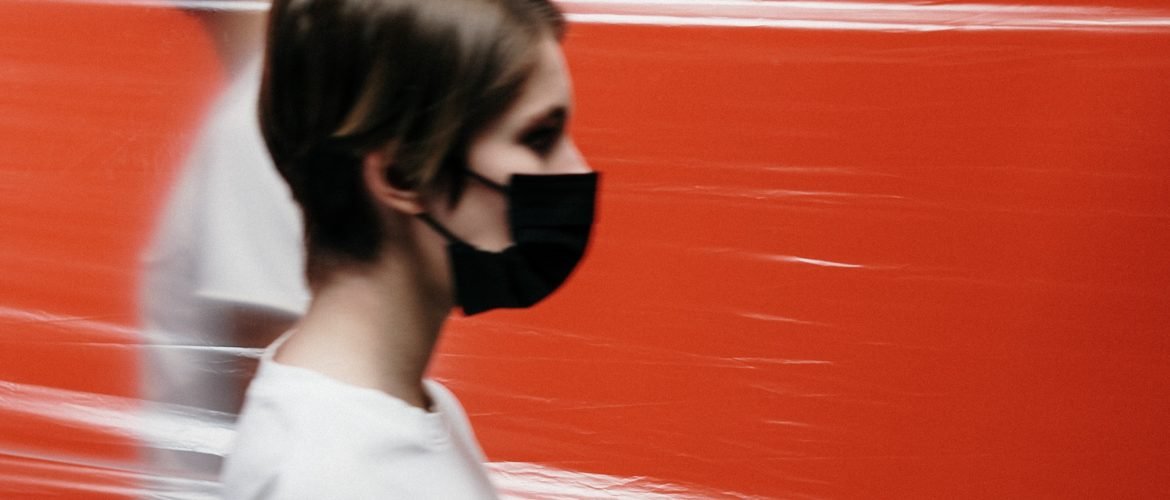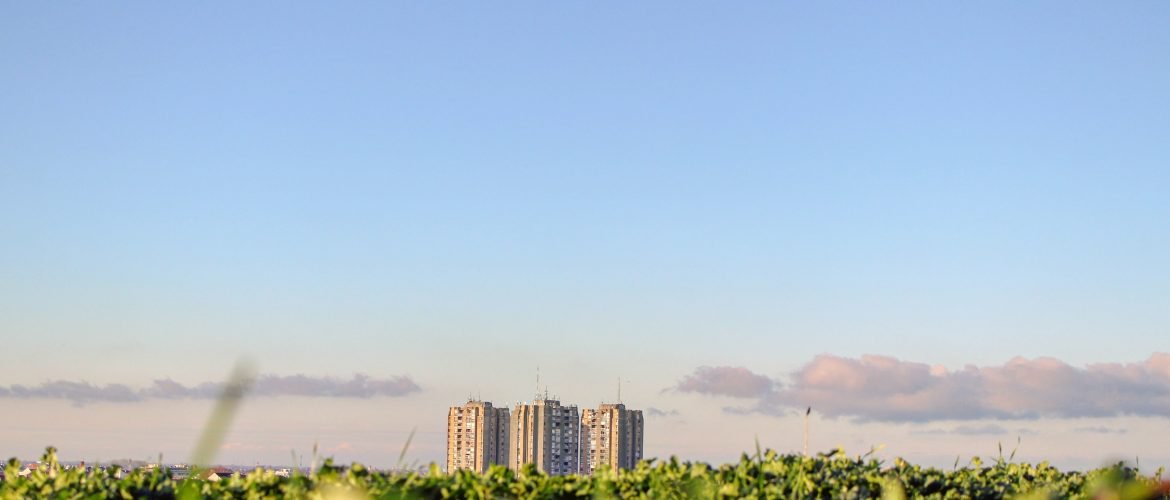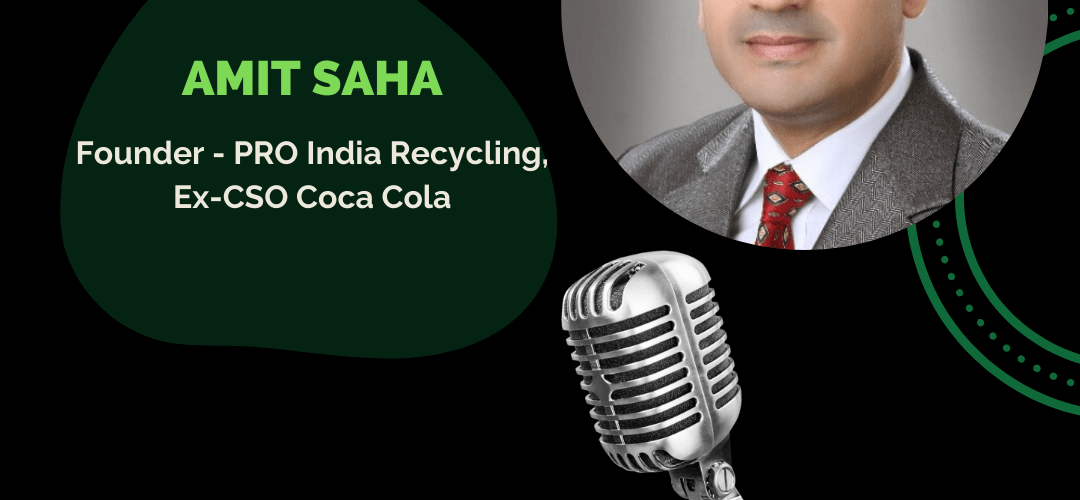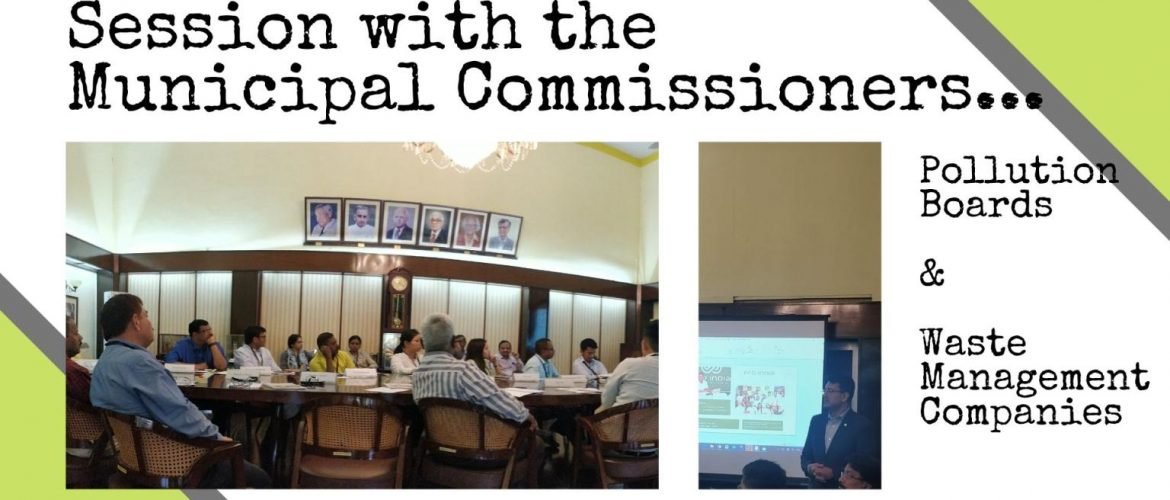Lubrizol together with NIKE is helping protect front-line medical workers fighting against COVID-19. To support Nike’s effort to develop and donate full-face shields and powered air-purifying respirator (PAPR) lenses to hospitals across several U.S. cities, Lubrizol donated thermoplastic Polyurethane polymers which is an important element in both pieces of personal protective equipment (PPE). The Lubrizol Corporation is a provider of speciality chemicals for the transportation, industrial and consumer markets. These products include additives for – engine oils, other transportation-related fluids, industrial
The transportation sector accounted for 28% of U.S. greenhouse gas emissions in 2018 according to the Environmental Protection Agency (EPA), which is more than any other sector including electricity generation (27%) and industry (22%). As such, reducing carbon dioxide discharges from this sector are seen as critical if global targets are to be met. Belgium’s EconCore, a developer of lightweight thermoplastic honeycomb core technology already employed it in transport applications. The company’s latest offering is a honeycomb based on recycled polyethylene
David Attenborough, an English broadcaster with BBC describes a sequence in which an albatross arrives at its nest to feed its young. “And what comes out of the mouth?” he says. “Not fish, and not squid – which is what they mostly eat. Plastic.” Attenborough calls this sight heart-breaking. It’s also strange. Albatrosses forage over thousands of kilometers in search of their preferred prey, which they pluck from the water with ease. How can such capable birds be so easily fooled, and
Shortly before 6pm on Wednesday 12 July 2017, Ricardo Nascimento, a homeless man in Brazil who made a living by collecting and recycling waste got into a heated discussion with two military police officers outside a pizzeria. Nascimento was holding a piece of wood and when he refused to drop it, the officers shot him twice in the chest. The 39-year-old died instantly. Seven days later, a celebratory mass was held in Nascimento’s name at one of the biggest church in
Bats are not always a favorite mammal to humans. We often consider them an omen and relate them to disease outbreaks. One bat can host many different viruses without getting sick. They are the natural reservoir for the Marburg virus, Nipah virus and Hendra viruses, which have caused human disease and outbreaks in Africa, Malaysia, Bangladesh and Australia. They are thought to be the natural reservoir for the Ebola virus. They also carry the rabies virus, but in that case
It is estimated by the National Institutes of Health, Centers for Disease Control and Prevention, UCLA and Princeton University that the virus lives on plastic surfaces for 3 days. Researchers have found that reusable bags do carry pathogens, although there is no evidence about whether they might transmit the virus that causes COVID-19. How has this affected the use of plastics? Less than six months ago, Massachusetts was on the verge of passing a state-wide ban on single-use plastic bags. At least
Kochi has won an industry body’s award for ecological sustainability in recognition of the IT townships go-green efforts that save water, avoid plastics and promote overall cleanliness. Smart city Kochi Infrastructure Pvt Ltd was shortlisted for the award along with other majors such as Bosch, Ramanujam IT City and Yamaha Motors considering their contribution to green energy, water management and environmental management. More about Smart city Kochi: Located in the southern Indian state of Kerala, SmartCity Kochi is just 22 KM from
When the Big companies which have missed their Quarter / Year target – would Sustainability even be a Board Room Discussion in the foreseeable future. Or would it be Relevance in front of their customers with products which may be seen as Luxury / Non Essential and thus not required? We survived without a boom box and now consider such products only make noise! For SME
How could the Municipality implement Plastic Waste Rules ? Does the Corporation not have a score of priorities to meet first – electricity, water, cleanliness , land use, public health to name a few. Yes and also solid waste management. Deeply honored to conduct a session with Municipal Commissioners and PCB Heads of multiple states as they learn about Plastics Waste and struggle to implement the same. While some of us wonder why the corporation is not aggressively supporting the PWM
How could 500 Billion Beverage Plastics Packaging be Sustainable? Can the earth take this load year after year? Can India take innovative & sustainable path of Bottle to Bottle? Are we ready for using our plastics back to make & consume food grade bottles – a truly CIRCULAR Economy An interesting panel chaired at Mumbai with BEVTECH. Thanks Dnyanesh ‘DV’ Darshane for organizing the same. Felt like a family with #Coke


